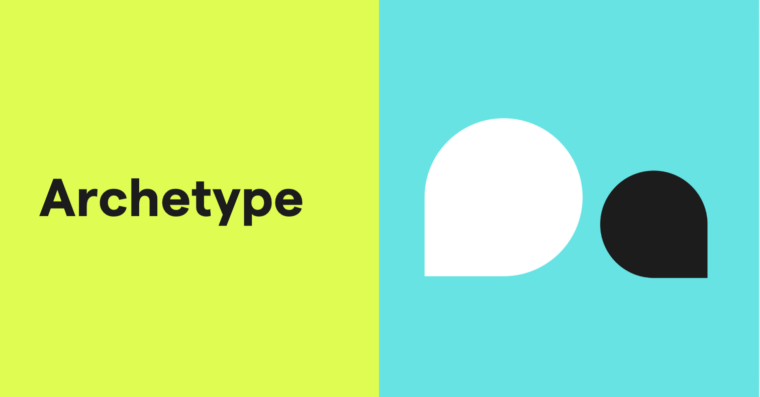- A double entendre is a phrase with a dual meaning.
- One of the meanings of a double entendre is usually risqué.
- Take your audience into consideration when using double entendres so as not to cause offense.
What is a double entendre?
In the movie Finding Nemo, the fish collude to clog the filter in their tank. Their goal is to make the tank filthy enough that their owner will remove them from the tank to clean it. To inspire the others, one fish encourages them to “be as gross as possible. Think dirty thoughts!” Some children laugh at the thought of fish being as gross as possible (i.e., going potty and doing who knows what else to make the water dirty). Some adults snicker because “dirty thoughts” holds a sexual connotation. This is an example of a double entendre, a phrase that can be taken two ways. Often one meaning is literal—what you discern on the surface, so to speak. The second meaning of the phrase is sometimes risqué.
Why use double entendres
In literature, double entendres might function as rhetorical devices. As in the example from Finding Nemo, there might be some readers who pick up on the nuances and others who don’t. Intuiting a subtle play on words can make a reader feel more connected to a character or an author. On the other hand, racy double entendres can alienate readers who don’t appreciate the underlying references. Let’s look at two interesting examples from famous works.
Double entendre examples from literature
In the story “The Most Dangerous Game,” a hunter who has mastered the art of the chase craves a new challenge. The title of the story is a play on words and a clue. Game is an animal hunted for sport or food. What animal do you think would pose the most threat to a hunter? That animal would be the most dangerous game. On the other hand, a game is also a competition of skill, chance, and endurance. Most of the time, people play games for their amusement. If your life depended on the outcome of a match, however, that game would be “most dangerous.” Do you see the double meaning? You’ll have to read the story to find out what prey the hunter chose.
In Homer’s Odyssey, Odysseus manages to blind Cyclops, the one-eyed giant. When Cyclops cries out for him to reveal his identity, Odysseus claims to be Oudeis. Cyclops then yells to the other monsters, “Oudeis hurt me!” Since oudeis means “no one” in Greek, the others are unconcerned. They do nothing, and Odysseus gets away safe. Cyclops is the one who was unknowingly using a double entendre. He was saying who blinded him, but he was also saying that no one did.
Double entendres in the media
Double entendres also appear in everyday writing. The Australasian Language Technology Association collected dozens of punny titles from newspapers and other media sources. Try to find the word or phrase that carries the double meaning in the following examples. If you don’t see it, visit their website for an explanation.
- DRUNK GETS NINE MONTHS IN VIOLIN CASE
- SURVIVOR OF SIAMESE TWINS JOINS PARENTS
- JUVENILE COURT TO TRY SHOOTING DEFENDANT
Double entendres are witty plays on words. Writers often use double entendres for literary effect.






